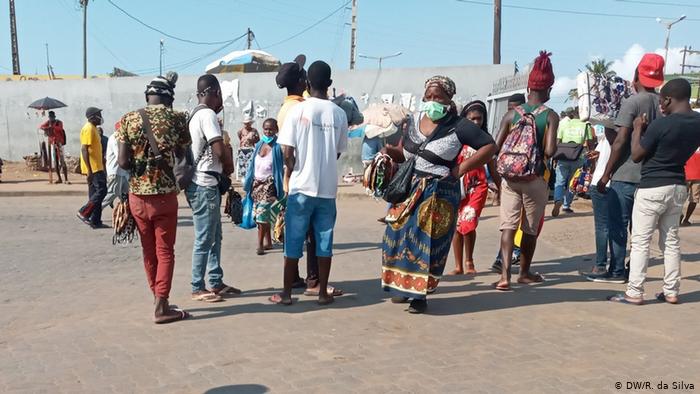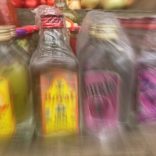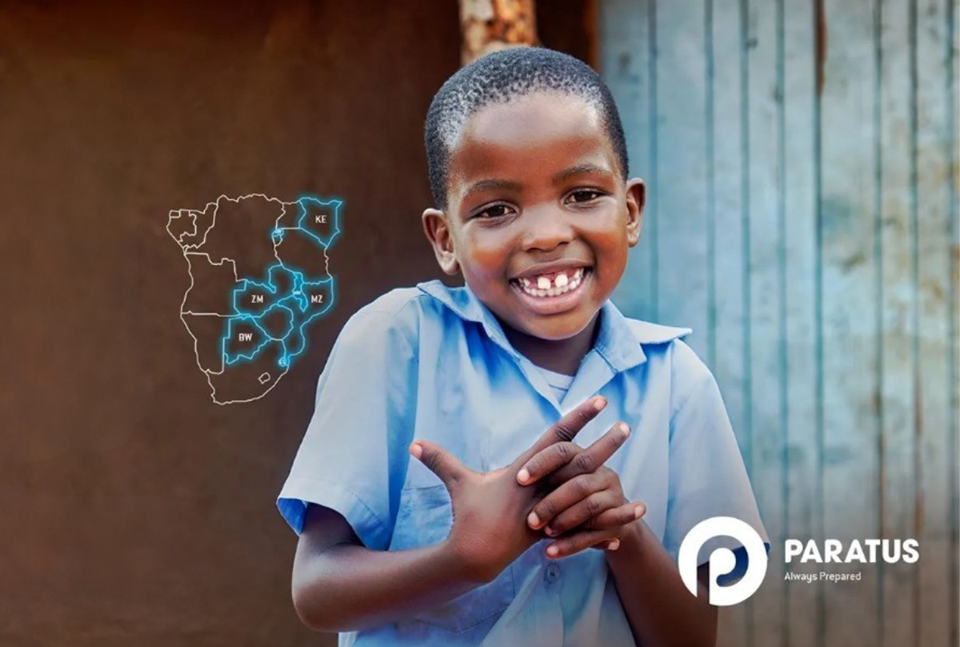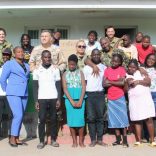Graça Machel recalls the "collective work" of Mozambique's literacy campaigns
Covid-19: Pandemic is exposing social inequalities in Mozambique – philosopher

Photo: DW
The rector of the University of Mozambique (UDM) Severino Ngoenha says that Covid-19 will expose the country’s social inequalities, which, if left unchecked, will force the lowest social strata to choose between hunger and disease.
“Looking at Mozambique, Covid-19 highlights inequalities in our threat distribution,” Severino Ngoenha said in an interview with Lusa on Sunday (April 26).
On the one hand, the majority of the population is extremely poor and depends on the informal economy for food, has to go out into the street but cannot follow greater confinement or social distance, and is more exposed to infection by the new coronavirus.
In addition, the number of households in precarious housing, with poor sanitation, make social isolation among the poor impractical, even at home.
At the other extreme is a wealthy minority, with the resources to stay confined for a long time or even alternate between their principal dwelling and second homes.
“In fact, this is the great drama: either they die of hunger at home waiting for the virus to hit them or they die of the virus if they leave. This is the true existential drama,” the philosopher specifies.
Ngoenha holds government officials and academia accountable for the continuing vulnerability of the majority of the population, for neglecting public services and policies aimed at social and economic development.
The wealthiest families, “instead of seeking medical care in Mozambican hospitals, ensuring the existence of good doctors in the country, prefer to seek medical care in South Africa,” the richest country on the continent, he points out.
They send their children to study in schools abroad, and so remain indifferent to the degradation of education in the country.
In the food sector, Mozambique has failed to create a productive base that will allow poor families to survive if neighbouring South Africa imposes a total border blockade or makes the goods it exports more expensive.
Mozambique, he continues, failed to learn from the period in which it basically lived on cabbage [repolho] because of the economic blockade imposed by the international community on South Africa during the apartheid era.
“When the borders re-opened, we went back to depending on South Africa economically, never achieving any production of our own,” the academic emphasises.
Ngoenha argues that the Covid-19 pandemic should promote a change in mentality in African societies, leading to a focus on better-quality public services.
“The complexity [of the problems] requires that policy makers be in constant dialogue with those who have other types of knowledge, in this case scientific knowledge, but also the knowledge of the population,” he points out.
For decision-making on public policies and services to produce results, it must be multilateral, involving all spheres of society – and chiefly, the recipients of government action themselves.












Leave a Reply
Be the First to Comment!
You must be logged in to post a comment.
You must be logged in to post a comment.